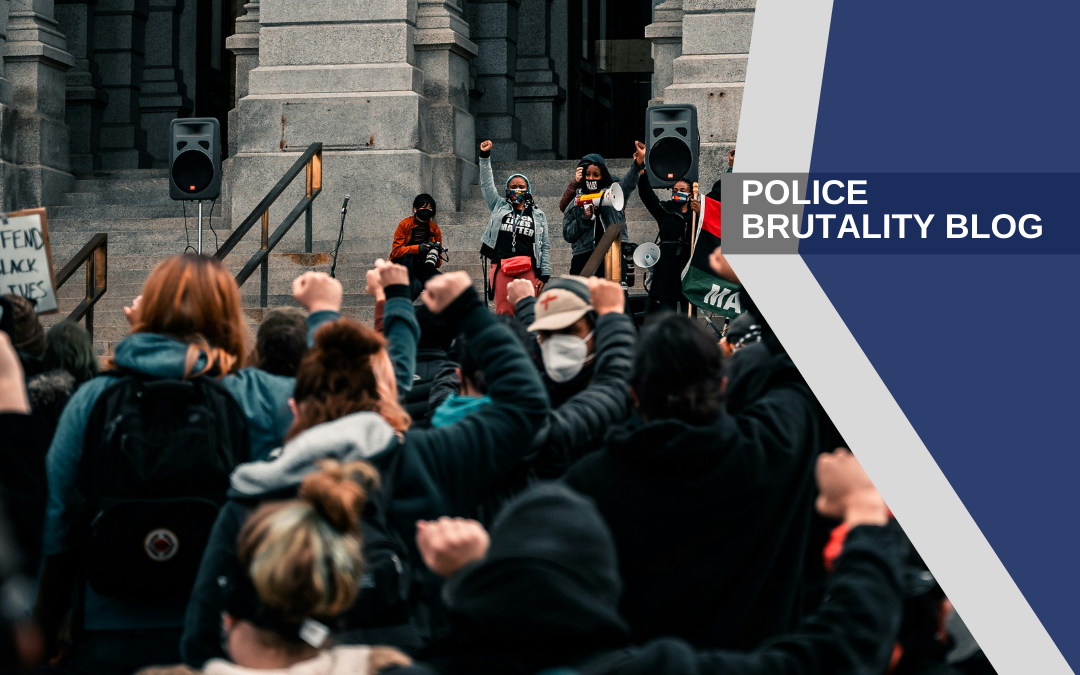
Frequently Asked Questions (FAQs) About Police Brutality
What is Police Brutality?
Police brutality refers to the use of excessive and unnecessary force by police officers against civilians. This can encompass physical violence, verbal abuse, and threats. The severity of the action isn’t the sole factor; even seemingly minor force used without justification can be considered brutality.
There’s no single legal definition, but it generally involves situations where the officer’s actions are objectively unreasonable under the circumstances.
What Constitutes Excessive Force?
Determining excessive force is a complex legal question. However, some general principles apply. Force used by police must be reasonable in relation to the threat posed by the individual. Officers can use force to make an arrest, prevent escape, or protect themselves or others from harm. However, the level of force should be proportionate to the situation. For instance, using a taser on a passive suspect wouldn’t be considered reasonable.
Who Are Most Affected by Police Brutality?
Studies and anecdotal evidence suggest that people of color are disproportionately impacted by police brutality. This raises concerns about racial profiling, where officers target individuals based on race or ethnicity rather than specific behavior.
What Are My Rights During a Police Encounter?
You have important rights during police interactions. You have the right to remain silent and the right to an attorney. Be polite and cooperative, but don’t answer questions you’re uncomfortable with. If you’re unsure about your rights, politely request to speak with a lawyer.
What Should I Do If I Witness Police Brutality?
If you witness police brutality, try to stay calm and assess the situation. If possible, document the incident with your phone (audio or video) from a safe distance. Call 911 only if there’s an immediate danger. Report the incident to a trusted adult or a police oversight agency.
Can I Sue for Police Brutality?
You may be able to sue for police brutality if you can demonstrate the officer used excessive force and caused you harm. A lawyer can advise you on the specifics of your case. However, suing law enforcement can be complex, so seeking legal counsel is crucial.
What Are Some Reforms to Address Police Brutality?
Where Can I Find More Information on Police Brutality?
Several organizations track police brutality and offer resources. The American Civil Liberties Union (ACLU), the NAACP Legal Defense and Educational Fund, and the Movement for Black Lives are a few examples.
How Can I Get Involved in Addressing Police Brutality?
What is the Current Legal Landscape Regarding Police Brutality?
These articles are for general informational purposes only and are not legal advice. Contact us today to discuss your specific situation.
